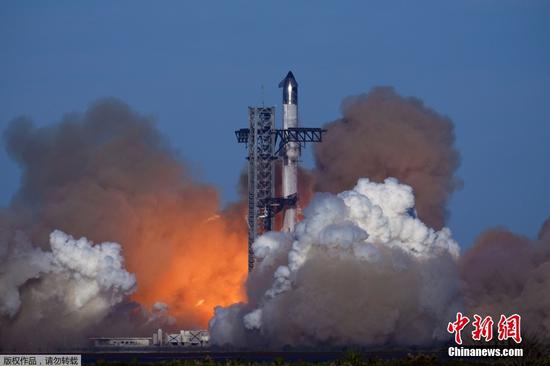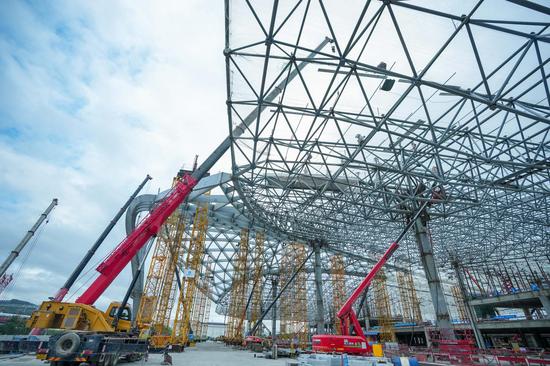Over 300 listcos have announced plans to use loans for share buybacks
The extended capacity of the central bank to finance listed companies' share buybacks and shareholding increases via a lending facility will help to stabilize the stock market and facilitate companies' high-quality development, said experts.
Their comments were in response to a statement released on Sunday by the People's Bank of China, the country's central bank, saying that the lending facility for share buybacks and shareholding increases introduced three months ago should be better used to stabilize the capital market.
The decision was reached during a recent symposium jointly held by the PBOC and the China Securities Regulatory Commission, the country's top securities watchdog.
The central bank tool was implemented on Oct 18, providing a total of 300 billion yuan ($41 billion) of loans to 21 commercial banks for one year at an interest rate of 1.75 percent. These loans are used to fund share buybacks of listed companies or major shareholders. Banks can decide if they should issue such loans.
According to the PBOC's Sunday statement, major revisions have been made to the three-month-old tool. The self-funding ratio for companies' share buybacks has been lowered to 10 percent. In other words, financial institutions can fund up to 90 percent of the listed companies' share repurchases. The maximum loan term has been extended to three years to encourage banks to use the facility.
Over the past three months, more than 300 listed companies have announced plans to use bank loans for share buybacks and shareholding increases, with companies valued at over 10 billion yuan accounting for more than 40 percent of the total, the statement said.
According to market tracker Wind Info, companies from the sectors of biomedicine, electronics, transportation and chemicals made up the bulk of those applying for the lending facility. Integrated pork industry chain company Muyuan Foods Co Ltd has been granted the largest — a 2.4 billion yuan loan for share buybacks — followed by 1.75 billion yuan issued for video surveillance firm Hangzhou Hikvision Digital Technology, and 1.36 billion yuan to COSCO Shipping Energy Transportation Co Ltd for its shareholding increase.
The lending tool has contributed to market stability and boosted investor confidence, according to the PBOC statement.
The benchmark Shanghai Composite Index finished up 0.08 percent on Monday while the Shenzhen Component Index closed 0.94 percent higher. The tech-heavy ChiNext in Shenzhen jumped 1.81 percent. Combined trading value on the Shanghai and Shenzhen exchanges approached 1.2 trillion yuan.
Hu Qimu, deputy director of the strategic emerging industry research center of Tsinghua University, said that the lending facility has played an important role in further stimulating market vitality, improving companies' competitiveness and accelerating industry advancement. It has also consolidated ties between the capital market and the real economy, Hu said.
Data from Wind Info showed that a total of 2,156 A-share companies conducted share repurchases in 2024, up 57.95 percent from a year earlier. The combined repurchase value spiked 81.68 percent year-on-year to 165.9 billion yuan.
Share buybacks and shareholding increases are globally recognized methods for listed companies to manage their valuations. Listed companies actively engaged in market value management are typically high-quality firms with solid operational performance and confident management teams, said the PBOC's Sunday statement.
UBS Securities China equity strategist Meng Lei said returns to shareholders such as share buybacks and dividend payments, indicators regarding corporate governance and prospects of sustained growth are the major criteria for long-term investors to choose their investment targets.
It can be seen that China's top regulators have been advancing reforms in the above three aspects, placing more emphasis on companies' market value management and improving companies' quality, he said.
On the other hand, the A-share market has been undergoing a rebalancing between financing and investment. The size of initial public offerings and refinancing moves have been contracting while stock repurchases and dividend payments have been surging rapidly over the past few years. The investment function of the stock market has been strengthening. This is of much importance to build the stock market into a reservoir for people's wealth, Meng said.


















































 京公网安备 11010202009201号
京公网安备 11010202009201号